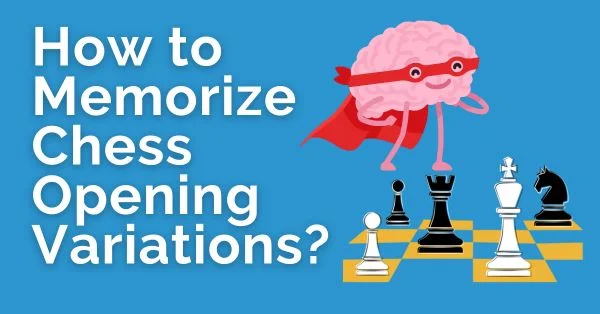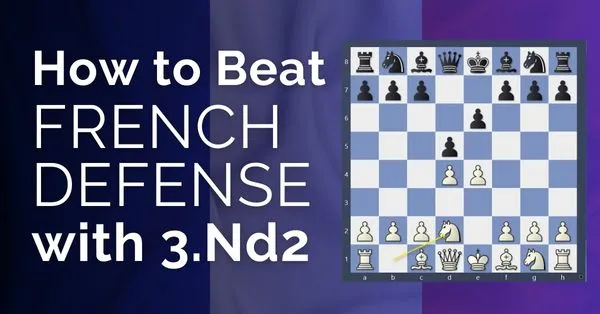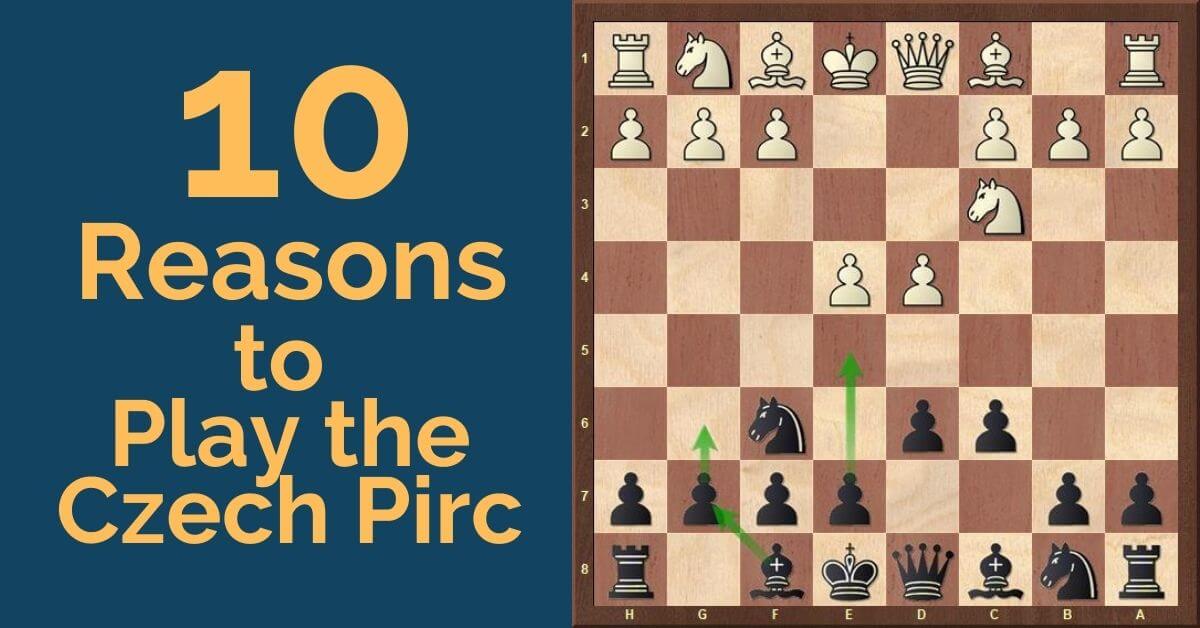How to Memorize Chess Opening Variations?

I hope that the 5 tips that will follow the intro will help you memorize chess openings faster.
Who doesn’t like a nice, comfortable position after the opening? Who wouldn’t like to catch their opponent unprepared at the beginning of the game and score a short and sweet-win?
This, and the advantage of not having to worry about the first few moves or spend a significant amount of time on finding the right ones are just a few benefits that knowing your openings well will bring you.
Of course, things are never as easy as they sound. Learning the opening can become a tedious task for many players when it comes to memorizing so many variations. I know it’s not an easy task and I myself have run into this problem many times. Let’s take a look at these tips.
1. Make sure you have picked the right opening for you.
Choosing an opening depends on many factors, but the most important ones are style and time. Try to pick openings that are suitable to your playing style and will give you positions that you tend to navigate well. This will not only help you improve your results in the middlegame, but it will also make the memorization process easier and probably more enjoyable.
Secondly, you have to think about how much time you want to invest in learning an opening. If you don’t have a lot of time to sit down with many variations and learn every option and the best response to your opponent’s moves, then you should probably pick something simple, that can be played even if you forget your lines.
If you remember your general set-up and plans, you should be fine in such positions. Here, you can think of systems or openings where nothing terrible will happen if you forget your preparation. It’s probably a good idea to avoid sharp, move-by-move lines if you don’t have time to sit down and learn your opening moves by heart.
2. Try to understand the moves, rather than just memorize them.
I’ve found this very helpful in memorizing opening lines. If you know why you play a move and you understand the position you have in front of you, it will be much easier to remember that move in your games. This tip will of course not work with every position, but you should apply it whenever you can. Some ideas that can help you remember moves are opponent’s threats and ideas, knowing your plan, and your final set-up.
3. Don’t look only at the opening, find model games and study them!
This is linked to the previous tip – if you understand the opening you are playing, you will also remember the theory much easier! Do a short investigation and see who the players who have been using your opening most are, who the top scorers are, and find some classical games to help you understand the plans. You will discover a lot of new ideas by studying Grandmasters’ games and it will definitely help you improve your chess overall.
4. Create an opening file.
This tip will help you find your lines easier. Make sure they are tidy and easy for you to check. For example, instead of creating one big, bulky file, you can break it into a few lines. They will be easier to find and learn. Let’s be honest, we can all get a little bit dispirited when faced with a lot of information at once.
A well-organized opening file will later prove useful in your game preparation. It’s easy to go straight to the line you know your opponent plays rather than having to find it in a big opening file.
5. Play games with a friend or with your coach.
Practicing your lines is great for learning! You don’t only get to play out the moves and test your knowledge, but you also get to try different plans in the middlegame and check how well you’ve understood the resulting positions. You will surely have to face new ideas from your opponent as well and will be less surprised over the board.
For the final part of this article, let’s take a look at some frequent questions:
Frequently Asked Questions
What is the 20-40-40 rule in chess?
I would say that this is more of a guideline than a rule and is meant to give you an idea of how much time you should be spending on each part of the game. Basically, you should be spending 20% of your time on openings, 40% on the middlegame, and another 40% on the endgames. In practice, this will always depend on your personal needs and level.
It is probably a good guideline for the improving chess player. You also might get away with not knowing a lot of theory up to a point.
However, once you get serious about competitive chess, you will have to spend a good amount of time creating a good opening repertoire and learning it very well.
How do you memorize chess patterns?
As it happens with everything else in chess, patterns are memorized through repetition. In the case of tactics, for example, you should solve many puzzles, until the patterns become obvious to you. F.e. after going over many exercises, it will be easy to spot a potential double attack or a discovered one. It’s the same with openings.
The tips above will only help you memorize them faster up to a point, but repetition remains key. Go over your lines every once in a while and make sure you remember them well.
Is it worth memorizing chess openings?
Again, the answer to this question is – it depends on your level. If you’re just starting out, then you should focus on following the opening principles and improving the other aspects of your game rather than learning the opening lines. You will probably benefit much more from solving tactics, learning famous traps, watching classical games, and brushing up your endgame skills.
If you’re past this level and want to compete, then memorizing chess openings will definitely come in handy. First of all, you will avoid getting bad positions or even losing out of the opening. In fact, you might even win a few very quick games, by capitalizing on your opponents’ mistakes. Secondly, you will avoid losing a lot of time in the opening.
The game is long and at some point, you will reach a moment where you will need to invest some time in your moves – whether it’s to calculate lines or to find a good plan. The opening is the only phase where you can save a lot of time by knowing your lines very well.
Conclusion
In conclusion, the opening is a very important part of the chess game. It also only gets more and more important as you get stronger. If we look at the top level, we can see how a very slight advantage can be used to turn the game in your favor. Players and their teams spend a lot of time analyzing the latest trends. Also, they find novelties that can be used over the board, even if it’s only to get the slightest edge. Memorizing opening lines might not be a lot of fun. But, it’s part of the game and it shouldn’t be skipped if you want to become a better player!
We also recommend looking at How to Learn Chess Endgames: A Guide for Club Players. You also might like Positional Chess: The Importance of Open Files.










Comments: